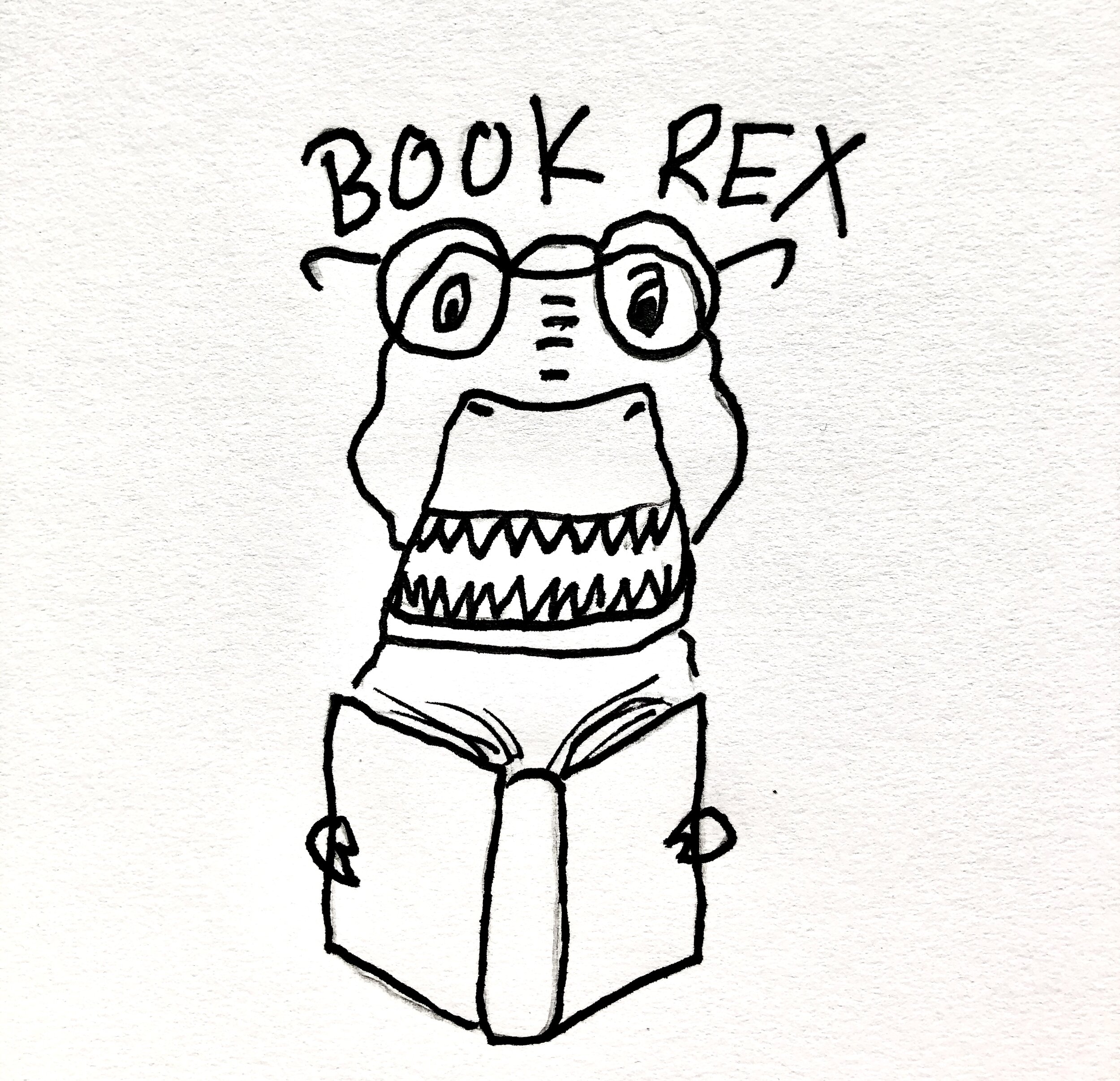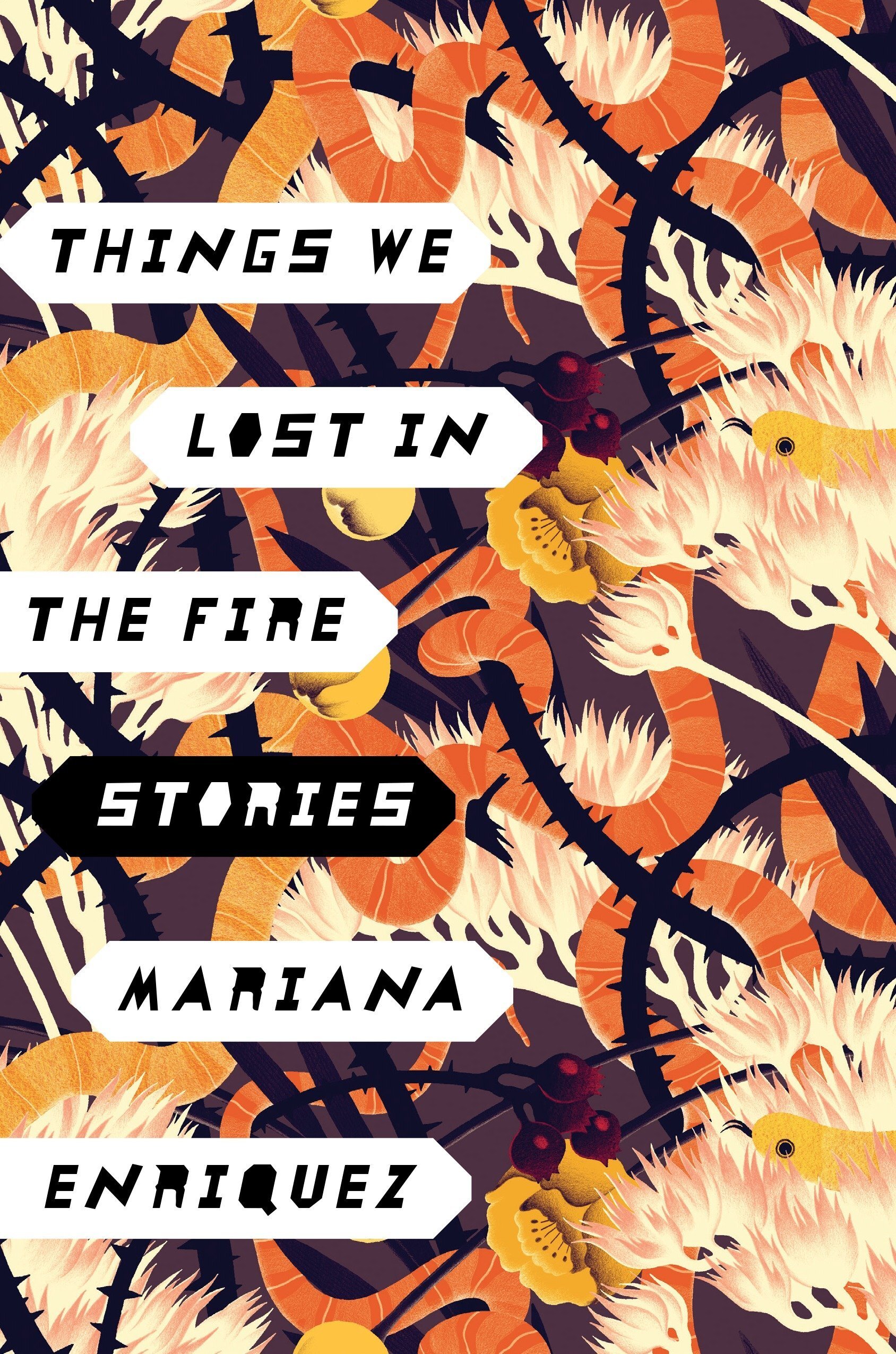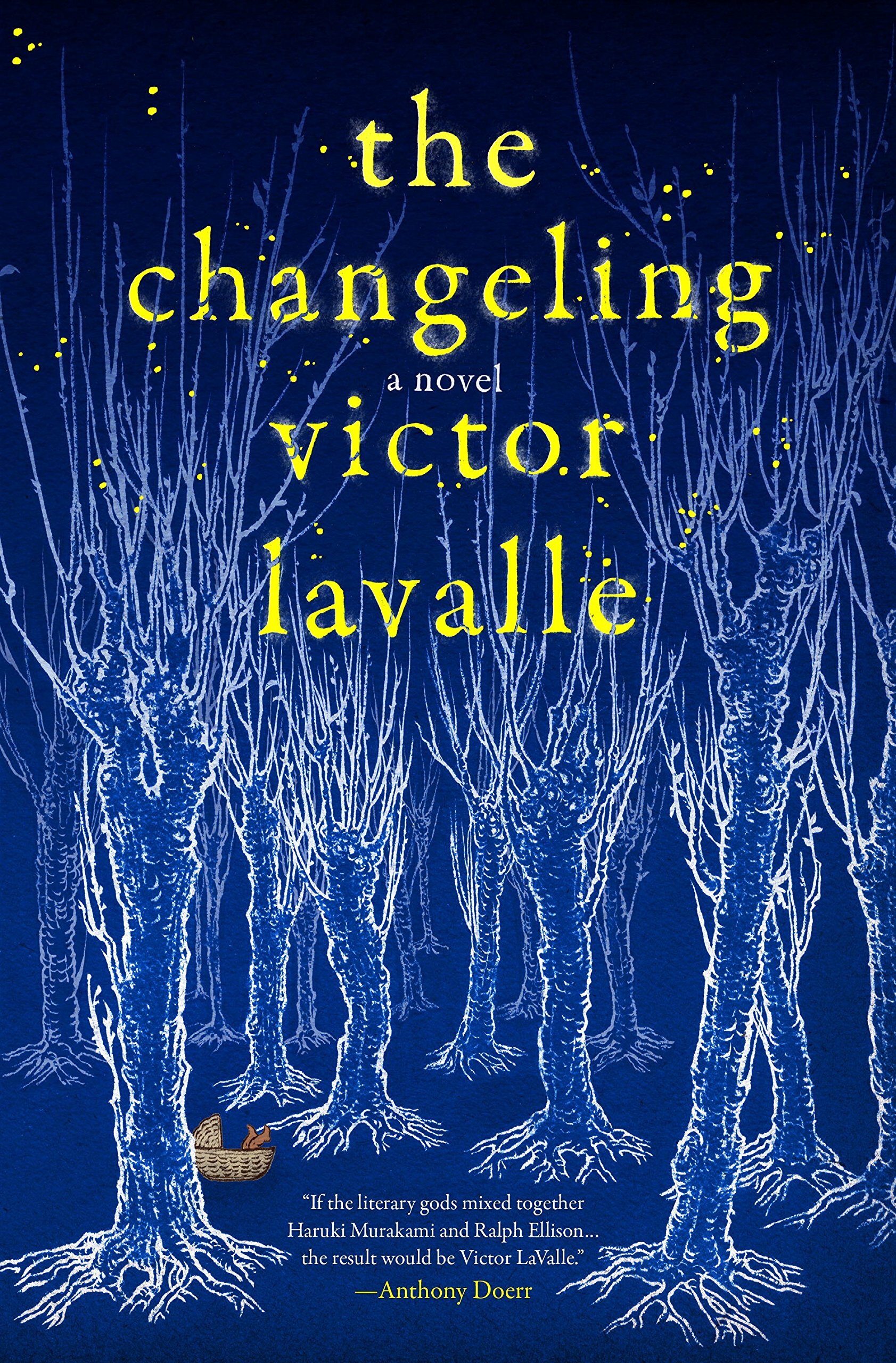“But all the clocks in the city
Began to whirr and chime:
‘O let not Time deceive you,
You cannot conquer Time.’”-“As I Walked Out One Evening,” W.H. Auden
In Carlo Rovelli's 2018 book The Order of Time, he points to an arresting fact: in all of physics, there is only a single equation that accounts for the existence of time. The equation is:
ΔS ≥ 0
This is the equation explaining the second law of thermodynamics, the law that establishes the concept of entropy. In its simplest form, this law means that heat passes from hot bodies to cold, never the reverse. This sounds, to an unscientific mind like my own, like an uninteresting fact on its face, but, Rovelli points out, entropy is the reason we only experience time in one direction. It is the reason that the sun’s rays damage our skin cells and our warm skin doesn’t feed the cold sun, it is the reason we grow old, not young, the reason that what's lost stays lost. You can't reverse what has already happened. There's no other physical law that accounts for time. Physicists call it “time's arrow.”
Think of it this way: Every moment in time is a card in a deck. You have one card that shows a smooth, unblemished planet. One card that shows a meteor hitting that planet. And another that shows the planet with a massive crater where the meteor hit.
Because of entropy, the only way you could order these cards coherently is in that exact order:
Cool planet.
Hot meteor hitting cool planet.
Damage hot meteor has done to a now-less-cool planet.
Each moment has an impact on the next, it leaves its mark. So it goes with all time: You, with your wrinkles and your sore joints and your memories, are an accumulation of all of the marks time has left on your body and on your brain. Those marks will never leave you. They may be covered by other marks, they may turn into something else entirely, but once the crater is formed, it's there. The unblemished planet is forever gone.
When I was 15, I was on the freshman lacrosse team, and one day, the coach wanted to get my attention. I didn't hear him when he called my name, so, in a fit of cool-guy bravado, he cradled a ball and lobbed it at me. He aimed poorly and it hit my left ankle, tearing the ligament attaching it to my fibula and leaving me with a sprain.
I didn't see this -- I just felt the pop, my leg gave out, and I hit the ground. The coach told me I must've stepped into a hole in the field and rolled my ankle. My buddy told me later what had really happened, that after I hit the dirt he shushed my teammates, not wanting a lawsuit.
I didn't particularly mind: it meant that I didn't have to pretend to care about lacrosse. It meant sitting on the sideline without the uncomfortable pads or the worry of disappointing my peers by playing badly. So I shrugged it off and forgave him.
But the ankle never healed right. Occasionally while I'm walking or running, that outer bone, the fibula, pops loose in an uncomfortable but not-painful way, and I shift my weight to keep it from happening again. I’ve done this every day for 19 years.
I am 34 now, and during COVID, I started doing yoga to stay sane during the long days with two young kids. I started paying attention to my body for the first time in years. And I realized that my left leg has all sorts of issues. For years, I've had a neuroma on my left ring toe, a swollen nerve that sends painful little jolts up my leg when pressure is placed on it. I realized one day that it hurt most when I walked in the way that took weight off of my left ankle so that the fibula wouldn't pop. After long walks, I felt that the left leg was always more tired than the right. During pigeon pose in yoga, I noticed my left inner hip was always tight, while my right hip was very flexible.
Suddenly, it hit me that my Coach had done more damage than I'd originally thought: that 19 years of walking weird on my left foot had spread my injury far beyond a poppy, weak ankle. 19 years later, for the first time, I was pissed at my coach.
Our culture puts a high premium on forgiveness. We want women to forgive men their creepy transgressions. We want Black America to forgive and move past the damage white America has done to their bodies and their communities. We want to move past partisan politics to some mythical time of unity and peace, when there was no red America or blue America, only a United States of America. The past is in the past, our favorite Disney princess says: let it go.
Of course this forgiveness doesn’t work. Women still get hurt by men, Black people are still marginalized by policymakers and murdered by cops. By insisting on unity, by demanding that we all get along, we are just erasing the violence and the damage. We’re rendering the harm null before it even reveals its full extent. We want equilibrium and peace, we want everyone to get along, to move past the unpleasantness, so we can go back to how we were before. But that's not how time works. Entropy moves in one direction. You can't uncrater the planet.
And why would we insist the planet forgive the meteor? The planet doesn't yet know the contours of the crater. It doesn’t know how the crater will impact the rest of its existence: if it opened up a tectonic fissure, or if water will begin to pool at its bottom, forming a new sea. What seemed in the early days to be a manageable obstacle, an inconvenience to be worked through, later reveals itself to be a permanent feature of the planet. Why must we insist that the planet behave as if it is unblemished? Wouldn't it be better if it accepted the crater? Then it could appreciate the ocean that formed in it, the life that spawned in the ocean’s depths.
When Albert Einstein developed the theory of relativity, it had an alarming implication: time seems to exist much in the way space does. We are not capable of perceiving it as such, but in a physical sense, the past still exists. The moment before the meteor hit is just as “real” as the crater, the moment when you were a kid and were snuggling with your grandma is as real as the moment your grandkid is snuggling with you.
Authors have wrestled with the concept ever since. Alan Moore equates it to reading a book: the page you just turned hasn’t disappeared, it’s just not the page you’re experiencing right now. Some physicists think the future already exists, too, you just haven’t moved through it yet. Others think only the past and present exist, that the future is TBD. Whether you think the book is finished or just a work in progress says a lot about what you think of free will.
Moore thinks that the book is finished, that when we’re done, we go back to the start and read it again, and that all moments are eternal. So heaven, in a sense, is your best moments, hell, in a sense, is your worst.
In his epic novel Jerusalem, Moore imagines the block universe shaped like a football, the big bang at one tip, the end of time at the other. If you could examine the details, viewing a small chunk of human time in the same way you view space, you'd see "motionless and twisted trunks of intricately textured gemstone that [are] wound around each other… it might look a bit like a coral garden." A human, each moment stacked against the next in time, would not look like the bipedal apes we know and love, but like a constantly changing flowing tube.
Vonnegut explained his view of time in slightly less surreal terms. In his book Slaughterhouse-Five, the main character, Billy Pilgrim, does the impossible and becomes unstuck in time. He zips around to random moments in his life: his death one day, his childhood the next. He comes to understand time differently thanks to the aliens who abduct him and put him into an extraterrestrial zoo. They tell him that they see time “as you might see a range of the Rocky Mountains.” To them, a man is a creature not with two legs, but with millions, like a centipede, every moment of life stacked next to each other. They see the man as a baby, as a young man, as an adult, as an old man, finally as a corpse; a full human's life, stretched out in a line.
What they don’t tell Billy, or perhaps what Vonnegut simply didn’t imagine, is that the centipede would of course not stop with the baby, the baby would slide back up into his mother. And she into hers.
In one of his online lectures, Yale Biologist Stephen C. Stearns offers a vision:
“Think of your mother. Now think of her mother. Now think of your mother’s mother’s mother. Now I want you to go through a process like you’ve done in math where you do an inductive proof, where you just go back. Just let that process go. Back you go in time.
“Speed it up now.
“You’re back at 10 million. Now you’re at 100 million. Now you’re at a billion years. Now we’re at 3.9 billion years.
“Every step of the way there has been a parent. 3.9 billion years ago something extremely interesting happens. You pass through the origin of life and there’s no parent anymore. At that point, you are connected to abiotic matter.
“This means that not only does the tree of life connect you to all of the living things on the planet, but the origin of life connects you to the entire universe.”
To look at you over the whole range of time, you would not be physically separate from anything. You’d be one tendril, connected through your mother, to the enormous roiling totality of existence. If you followed that massive, crystalline coral garden back to the beginning of time, it would become less complex, as heat passed from cold bodies to hot bodies, as meteors sucked their impacts off of planets, as supernovae reabsorbed themselves, until it all collapsed into a single, boring ball of sameness, into the singularity that came before the big bang.
Perhaps this is just a matter of personal preference, but the cosmic oneness of the singularity sounds less interesting to me than the fractal complexity of the coral gardens and centipedes. I enjoy seeing the craters on the moon from earth — a smooth ball would attract less of my attention.
It seems to me, if forgiveness is insisting upon a return to the time before the craters, we should reject it. Time's arrow moves ever forward, and it's hard enough to understand this ever-increasing complexity without trying to cram it back into a simpler past.
If you have regrets, this rejection of forgiveness may sound, well, unforgiving. But you have a choice to stop making craters. You could choose to see forgiveness as accepting the damage and moving forward, a bit more damaged, but a bit more knowledgeable. And you can take comfort in the idea that those older, purer, more innocent moments still exist, just as real as the present, somewhere back there in the coral garden.
The books in this articles have affiliate links to Bookshop.org, a website that supports local bookstores. I get a small kickback if you buy them, but the editorial content of this article is mine, and mine alone.
















